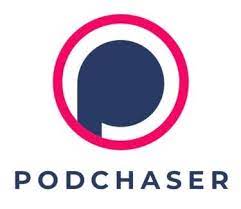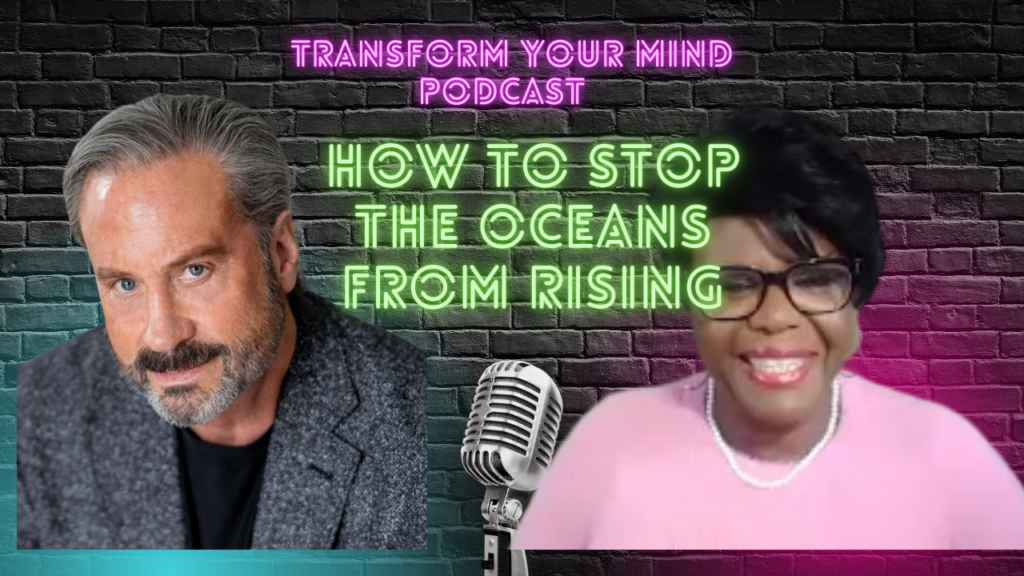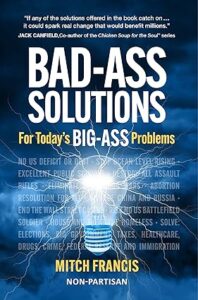Mitch Francis, author of “Badass Solutions for Today’s Big Ass Problems,” joins the podcast to offer global warming solutions, U.S. national debt, and public education reform. Mitch proposes utilizing river water to prevent rising ocean levels and improve access to fresh water. He shares a bold plan to tackle the national debt using an “asset standard” and suggests ending private schools to equalize educational opportunities. Through problem-solving expertise, Mitch encourages listeners to drive change and engage in meaningful solutions. Visit badasssolutions.com for more insights into his transformative ideas.
Download the podcast Here:
Key Takeaways:
Efforts to combat climate change and rising ocean levels can be addressed creatively by utilizing global warming solutions and natural resources effectively.
Eradicating national debt requires radical but feasible solutions inspired by historical economic practices.
Public education reform is essential for bridging socio-economic gaps and fostering equal opportunities.
Global Warming Solutions for Rising Ocean Levels
The conversation with author Mitch Francis unveils groundbreaking ideas aimed at addressing rising ocean levels, a direct consequence of global warming. Francis’s innovative approach entails channeling a portion of freshwater from the world’s largest rivers to arid regions. These global warming solutions not only combats the immediate threat of oceanic rise but also addresses the scarcity of fresh water in several parts of the world.
Francis emphasizes the urgency of the situation by stating, “By the end of this Century all coastal cities and islands are going to be flooded.” It’s alarming how little has been done about this looming crisis. As he further elaborates, “The polar ice caps are melting at a rate that would fill 20 Olympic size swimming pools every second.” This is a formidable figure that underscores the severity of the issue.
The dual benefit of these global warming solutions are intriguing. Redirecting just 7% of river waters could halt ocean rises and simultaneously alleviate water shortages, reducing hunger and thirst globally. This proposal, applauded by environmentalists such as Jack Canfield, could indeed change the trajectory of climate-related challenges.

Eliminating National Debt: Radical Solutions Based on Historical Precedents
Addressing the monumental U.S. national debt, currently at $36 trillion, requires unorthodox thinking. Francis proposes an “asset standard,” a modern twist on the historical gold standard, that relies on the vast array of U.S. assets beyond just gold reserves. This idea suggests issuing checks backed by these assets, effectively paying off the national debt.
Francis critiques current debt strategies, stating, “We have $36 trillion of debt growing by another trillion dollars every hundred days.” Traditional solutions of reducing spending or tweaking taxes won’t suffice. By envisioning the U.S. as a corporation overflowing with assets like “vast lands and minerals inside the land,” Francis posits an account-driven approach that could realistically clear this financial quagmire.
However, he also acknowledges the potential peril, emphasizing the need for a constitutional amendment requiring balanced federal budgets. This recommendation reflects the importance of sustainable practices post-debt elimination to prevent recurrence.
Revamping Public Education for Social Equity
The disparity in educational opportunities between public and private schools has long exacerbated socio-economic inequalities and social equity. Francis advocates for a radical overhaul where private schooling is abolished, compelling all to invest in public education. He states, “Wealthy people with the most influence put their kids in private schools so they don’t care about public schools.”
The impact of this divide is profound. As Francis notes, “Our kids are not being well educated and they’re testing worse than they’ve tested in decades.” This systematic failure hinders societal progress and perpetuates inequality. Eliminating this divide could cultivate a more equitable environment that upholds the foundational ideals of equal opportunity touted by the nation’s founding fathers.
Francis envisions a scenario where the affluent are reintegrated into the public schooling system. This reintegration would incentivize them to exert their influence positively, ensuring the necessary funding and resources are available. Hence, public education reforms could serve as a catalyst for bridging the widening wealth gap and fostering societal progress.
Embracing the notion that “when the people lead, the leaders will follow,” the dialogue encourages a grassroots approach to implementing these ideas. From climate change to financial solvency and educational equity, these transformative solutions call for collective action and engagement from individuals and communities alike. Engaging with these powerful concepts, as presented by Mitch Francis, opens pathways toward addressing today’s most pressing issues with creativity and resolve.







